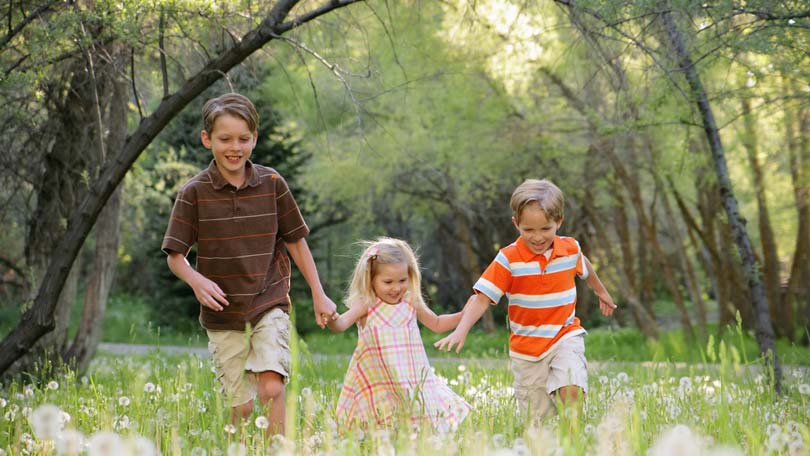
Children are curious about the world, and it seems no matter how much information that you give them they are continuously seeking more. Political views are typically something that children at least initially pick up from their parents. Regardless of a parent’s political affiliation and viewpoint, it is only fair to teach children about a bigger picture so they can grow up informed and capable of making their own decisions. Teaching children about politics can be either a path you choose for them or a doorway to their own political feelings.
This is a nice thought but how do you go about giving them a big picture. A lot of children find politics boring. Finding ways that political decisions impact them and their family is one of the fastest methods of not only attaining their interest, but also showing them that political decisions are important.
This, of course, is a little different for every family. Some children personally know family members or friends who are overseas fighting in the war, one of the nation’s hottest topics right now. Knowing someone who is fighting in a war completely personalizes politics for a child. It doesn’t have to be all grim and horrid. In fact, children usually respond better to factual information. Giving them the facts and then allowing them to ask questions to draw their own conclusion can create a very critical political mind.
One of the greatest gifts we can give to our children is the motivation to be an active part of life and living. Teaching out children the responsibility, joy, and empowerment of voting will carry through with them throughout their adulthood. Explaining the power of their own voice can go a long way in not only piquing their interest in politics, but realizing their own hand in influencing political decisions. Most kids are intuitive enough to understand that having the power to vote also means that they have a responsibility to understand why they want to vote for someone.
Asking their opinion as political races, debates, and controversial issues arise allows them to learn how to express themselves, listen to opposing views, and to research politicians’ views on these issues. Children learn about politics through conversation. While they may be willing or interested in watching the news and news magazines, the information in these programs is aimed at adults. Conversing with children gives them a chance to ask question, challenge the situation, and come up with their own view point.
We teach children to “agree” with their parents when they are young by teaching them to obey their parents. This is one area that they should undoubtedly be encouraged to think freely and have the right to disagree with their parents, even when it pertains to strong political topics. It’s important that the words actually come out of parent’s mouth that it’s okay to hold a different view point than Mom or Dad.
As adults, we tend to associate democrats with liberalism and charity and societal programs and outreach while we tend to associate republicans with conservative business practices, the American Dream, work hard, earn hard, and the notion of high achievement as a direct result of the effort that one puts into it. Many experts feel that it is better to allow children to develop their own political viewpoints without assigning them a political party. Assigning a political party to children makes them associate their beliefs with the party rather than their own thoughts, as though they are “supposed to think” in a predetermined fashion because of their associated party.
Many adults don’t thoroughly understand the entire political structure that their country is based on. While the United States has the House of Representatives and Congress and the White House, other nations have equally confusing sectors of the government. It is very difficult to teach your children something if you don’t understand it yourself. In a recent poll, 98% of Americans knew that the President of the United States had the right to veto a bill, but 69% of American adults did not know where the bill the President was vetoing came from. It may be necessary for you to brush up on political education as you are teaching your child, if not beforehand. Sometimes it is not always as important to know the answer to a question as it is to know how to locate the answer as needed. Sitting down and doing quick research with your child to find out the answer to a question not only increases political knowledge, but encourages research skills of their own, which will naturally make them more likely to be informed voters when they grow up. Teaching children about politics empowers them to be leaders of tomorrow.

























